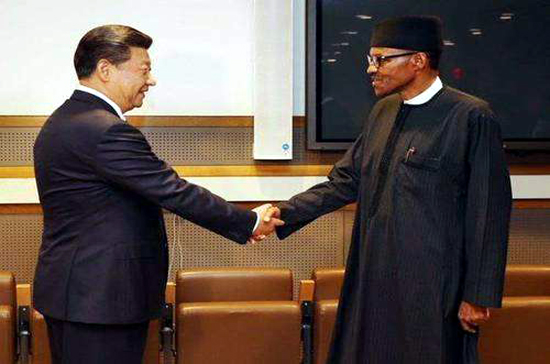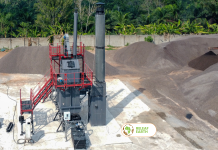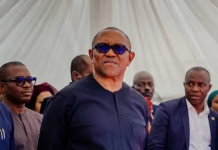President Mohammadu Buhari arrived in China for a state’s visit during which he would asked the Beijing government to support Nigeria in its efforts to develop key infrastructure.
According to government’s spokesman, Femi Adeshina, President Buhari would sought for developmental support in sectors such as: power, roads, railways, aviation, water supply and housing.
He also disclosed that several new agreements and memorandums of understanding to boost trade and economic relations between Nigeria and China would also be concluded and signed during the visit.
Adeshina said, the framework agreement between the Federal Ministry of Industry, Trade and Investment and the National Development and Reform Commission of the Peoples’ Republic of China to boost industrial activities and infrastructural development in Nigeria would be signed.
Others were the framework agreement between the Federal Ministry of Communications and the China Aerospace Science and Technology Corporation; and a memorandum of understanding between Nigeria and China on Scientific and Technological Cooperation.
President Buhari was received at the airport in Beijing by, China’s Assistant Minister of Foreign Affairs, Mr. Cheng Guoping and other senior Chinese government officials.
Nigeria’s government officials on the visit with President Buhari were the Governors of Oyo State, Abiola Ajimobi; Ogun State, Ibikunle Amosun, and Yobe State, Ibrahim Geidam.
Others were the Minister of Trade and Investment, Okechukwu Enelamah, Minister of Transport, Chibuike Amaechi, Minister of Water Resources, Suleiman Adamu, and Minister of Defence, Dan Monsur Ali.
Minister of Finance, Kemi Adeosun had also disclosed at a breakfast meeting held last weekend with the business and investment community that the government was considering the possibility of issuing Chinese panda bond to make up for the deficit in the 2016 budget.
She said that the government’s objective was to borrow the cheapest possible money.
The breakfast meeting focused on the imperatives for fiscal discipline, investment and diversification of the domestic economy in the face of strong local and international headwinds such as the steady decline in oil prices and weak global economic growth.












